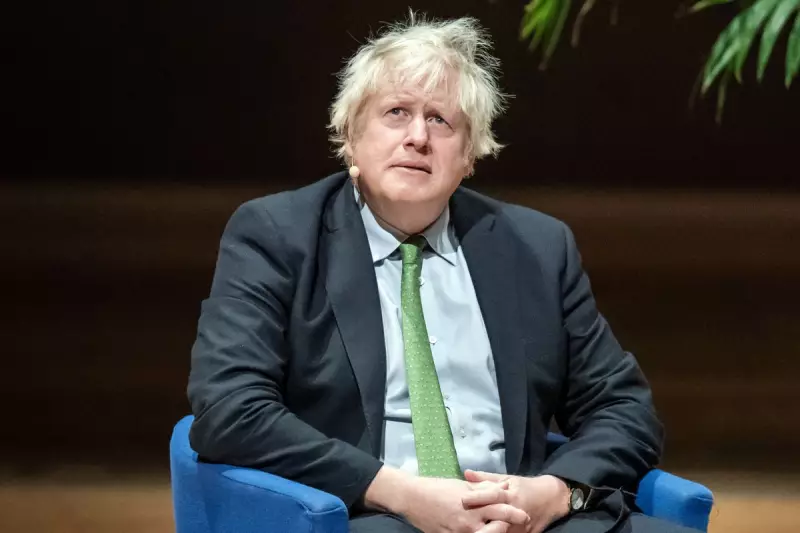
Former Prime Minister Boris Johnson is facing intense scrutiny after revelations of his multi-million pound earnings since departing Number 10, with critics accusing him of "cashing in" on his political contacts and privileged access.
The Lucrative Aftermath of Downing Street
Since leaving office in September 2022, Johnson has reportedly earned approximately £4.8 million through various channels including speaking engagements, newspaper columns, and advisory roles. This substantial income comes atop his £115,000 annual allowance as a former Prime Minister, funded by taxpayers.
Ethical Concerns and Political Backlash
The scale of Johnson's commercial activities has raised serious questions about the revolving door between high office and private enrichment. Transparency campaigners and political opponents have expressed alarm at how swiftly the former PM has monetised his network of global contacts built during his time in office.
Angela Rayner, Labour's deputy leader, condemned the arrangements, stating: "The public will be sickened that Boris Johnson is cashing in on his contacts while families struggle with the cost of living."
The Taxpayer-Funded Allowance Controversy
Johnson continues to receive the Public Duty Costs Allowance (PDCA) intended to support former prime ministers in their public duties. However, critics argue that this £115,000 annual payment is inappropriate given his substantial private earnings, effectively subsidising his commercial activities.
Pattern of Post-PM Enrichment
Johnson's case follows a concerning pattern of former ministers and prime ministers leveraging their governmental experience for personal gain. The situation has intensified calls for:
- Stricter lobbying rules for former ministers
- Greater transparency around post-government earnings
- Reform of the PDCA system to prevent misuse
- Longer cooling-off periods before taking private sector roles
Political Fallout and Public Trust
This revelation comes at a sensitive time for the Conservative Party, already grappling with questions about standards in public life. The substantial earnings have been described by some backbench MPs as "deeply uncomfortable" given the current economic climate and public sector pay constraints.
As debates about the appropriate boundaries between public service and private enrichment continue, this case highlights the urgent need for clearer guidelines and stronger enforcement mechanisms to maintain public trust in the political system.





